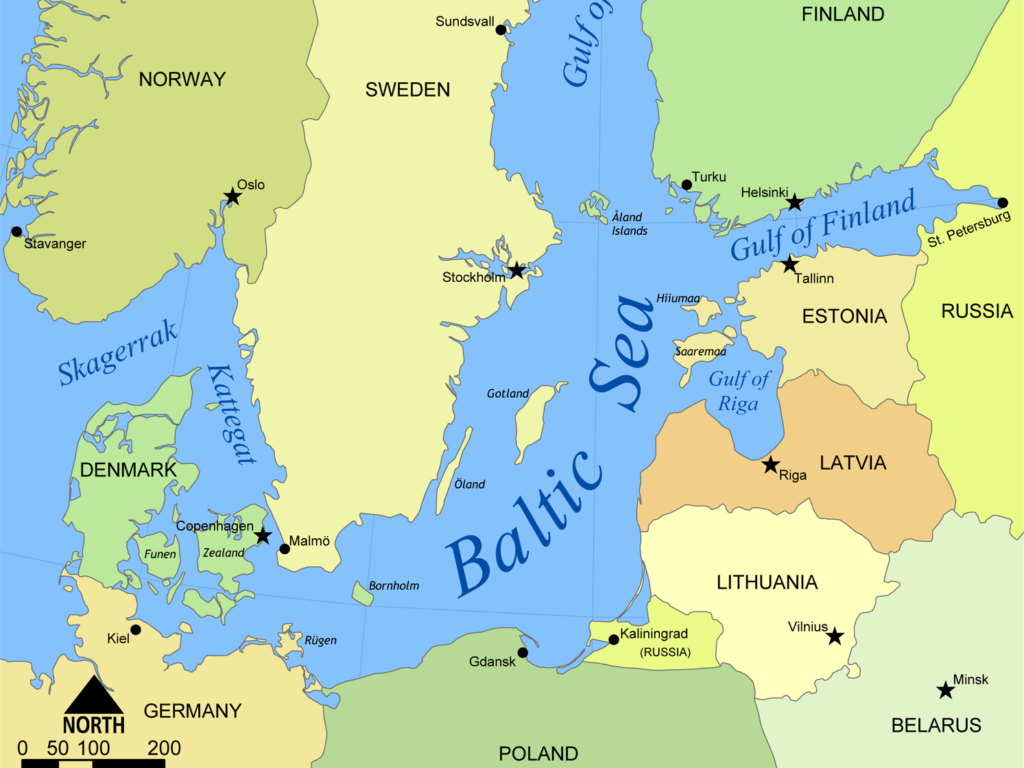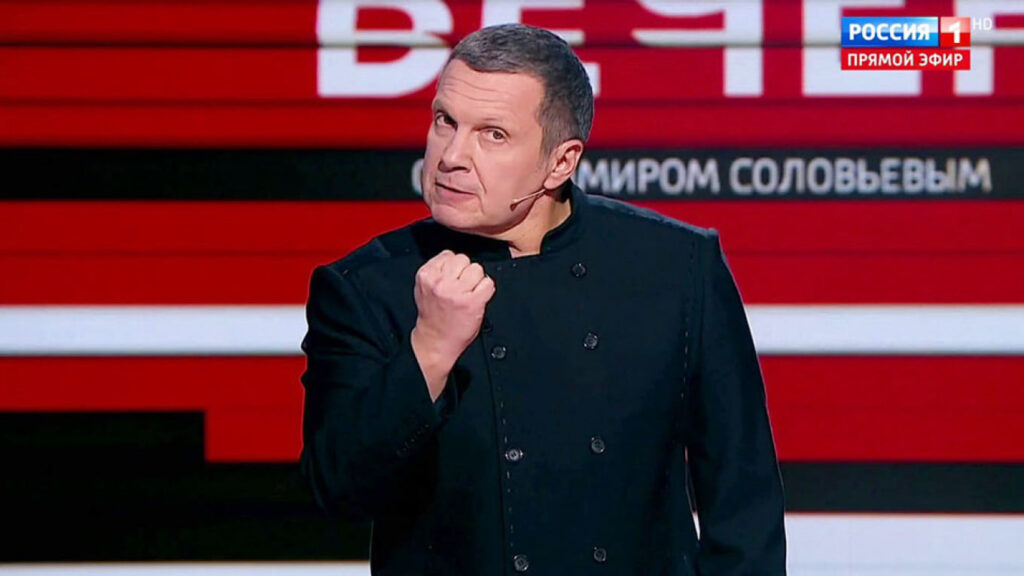It’s not uncommon for Moscow officials and news outlets to periodically attack the Baltic countries – Estonia, Latvia and Lithuania – for their supposed “mistreatment of ethnic Russians” and the failure of these NATO and EU member states to “adopt a pro-Russian position on key issues”; now, however, such attacks are becoming more frequent since Putin’s expanded invasion of Ukraine.
Few people residing in any of the Baltic countries support the crimes that Putin is committing, and they are making their feelings known in various ways. But Moscow’s heightened attention to this is worrisome because Estonia, Latvia and Lithuania are often listed as potential future targets for the Kremlin ruler.
Moscow media outlets have been particularly upset about what they see as vandalism by Baltic citizens against Soviet war memorials, many of which have been painted the colours of the Ukrainian flag.
Complaining about citizenship legislation
However, Russian anger about the monuments and suggestions that Russians in the Baltic countries need to organise to defend Russia and Soviet war memorials, as they did in the case of the Bronze Soldier in Tallinn 15 years ago, pale in comparison to Russian complaints about potential citizenship legislation that could negatively affect ethnic Russians living in the region.
In Moscow’s Vzglyad, commentator Stanislav Leshchenko sees these developments as part of a larger campaign to mistreat Russians “because of the events in Ukraine” and urges Russians both at home and across neighboring countries to stand up in defence of this part of “the Russian world”.

Appealing to base emotion, he denounces proposals in Estonia and Latvia to strip the Russians living there, who are not citizens, of their residence permits and possibly deport them. At the same time, however, he immediately concedes that the governments of the two countries have rejected any such possibility.
Leshchenko says that such extreme proposals have opened the way for less extreme measures that will eventually lead to authorities across the Baltic states limiting the freedoms of ethnic Russians living there, who are doing no more than supporting the policies of Vladimir Putin in Ukraine.
Worrisome indications
That is the pattern the Vzglyad commentator follows, and it’s one that is familiar to anyone who tracks Russian commentaries on the Baltic states – first, citing proposals by marginal figures followed by a concession that Tallinn, Riga and Vilnius have rejected such proposals, only to claim that the governments are in fact in league with the most radical elements.
In ordinary times, such journalistic sleight of hand might not matter very much; but at a time when some have been suggesting that Putin could soon turn his military attention to the Baltic countries, it is worrisome, an indication that here too the powers-that-be in Moscow are more than ready to go to the brink and quite possibly beyond.
This is a lightly edited version of the article originally published by Paul Goble on his Window on Eurasia blog. Read also: Live updates: Russia’s invasion of Ukraine – reactions in Estonia.

